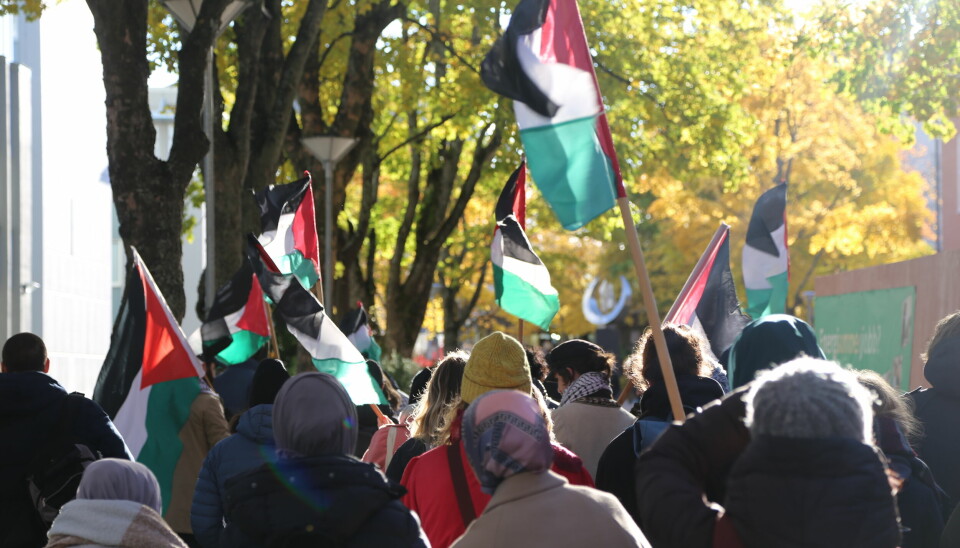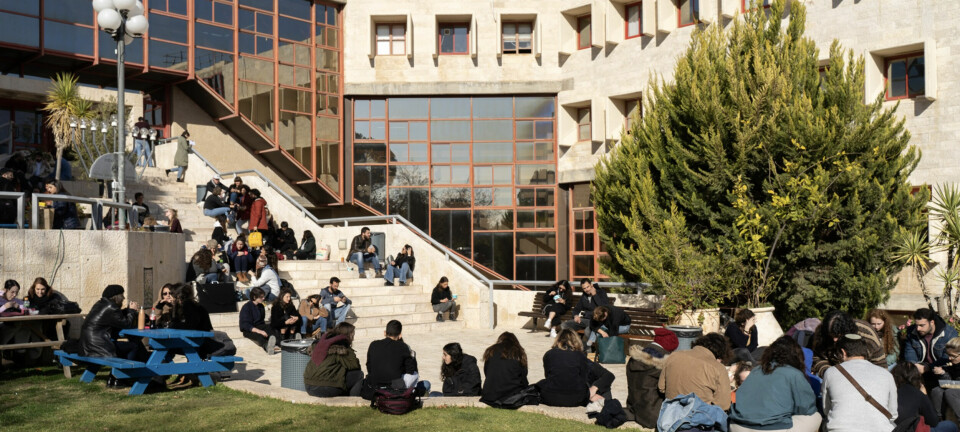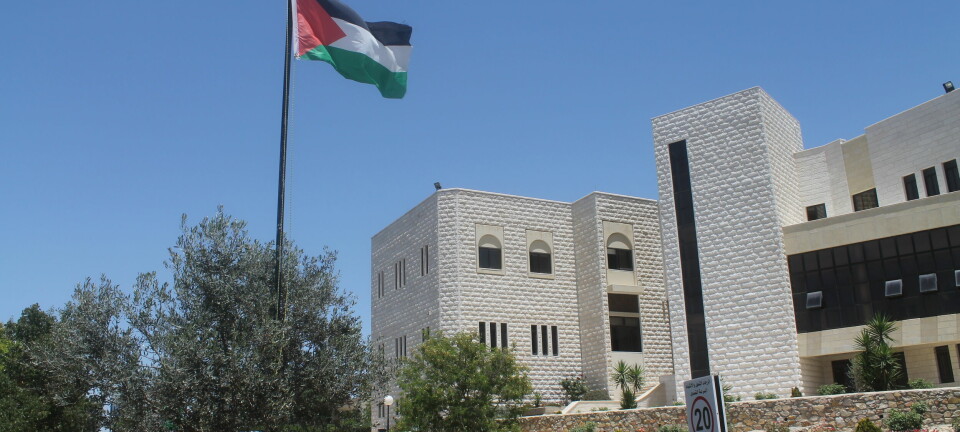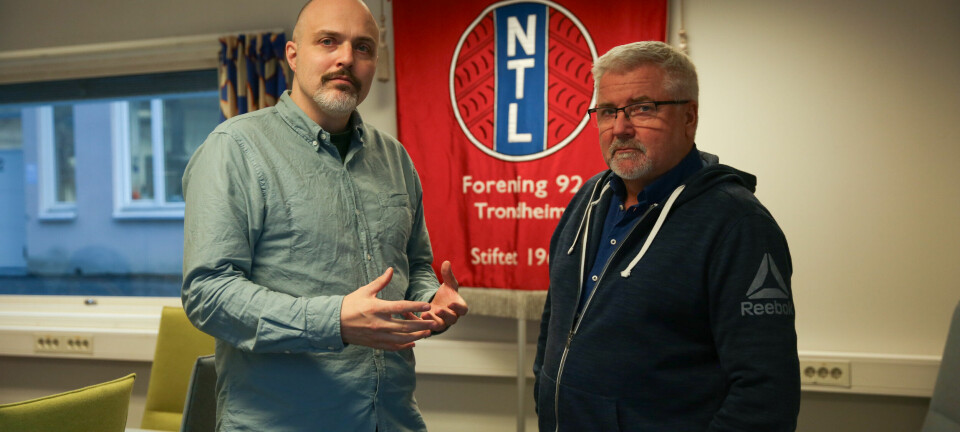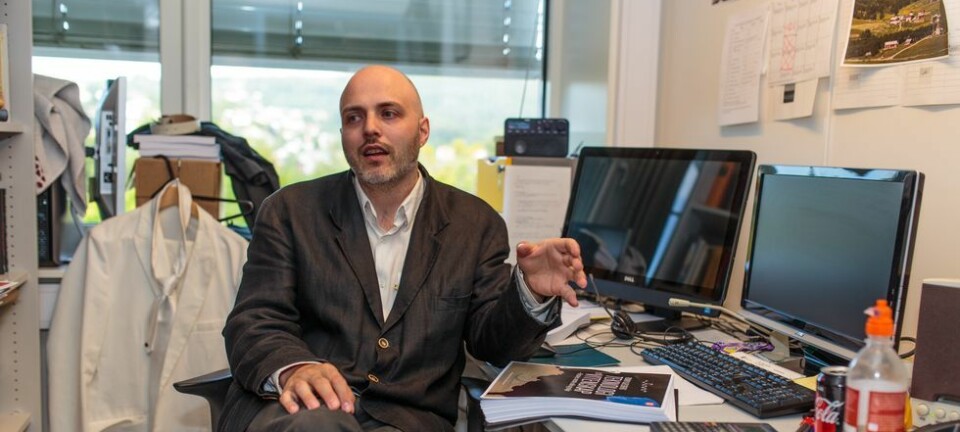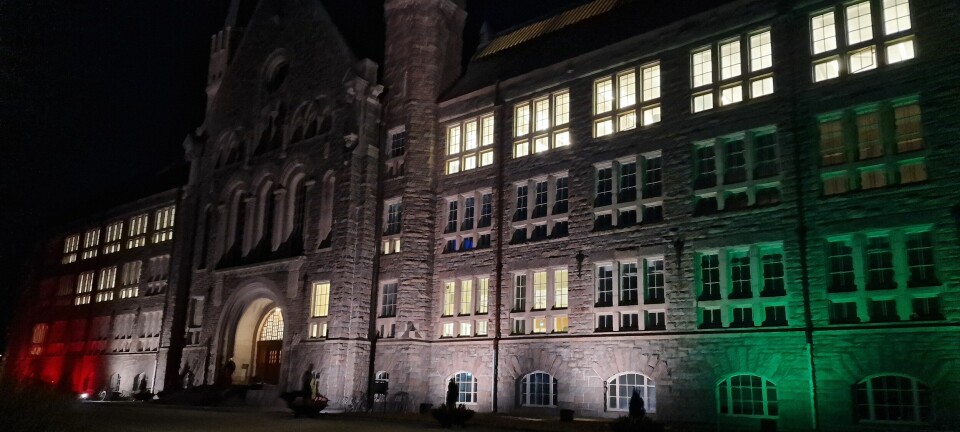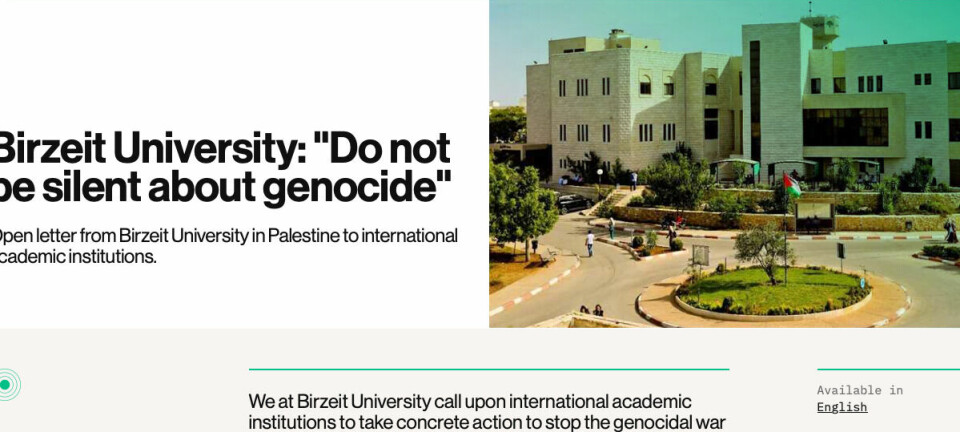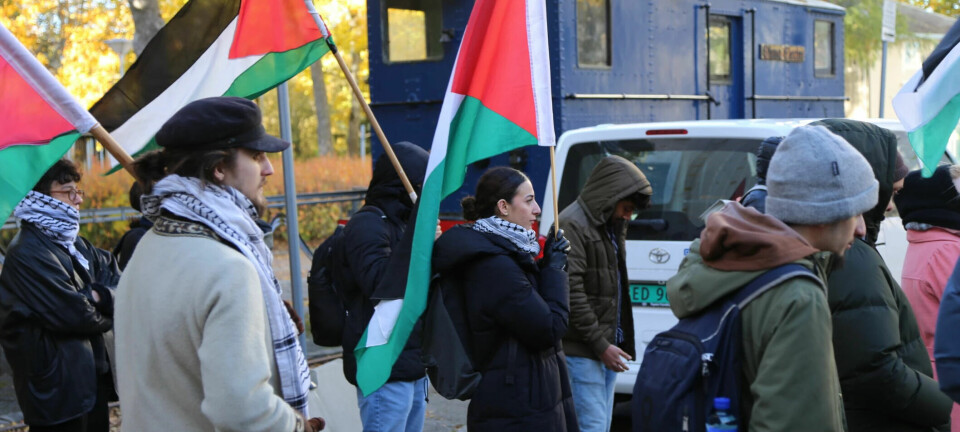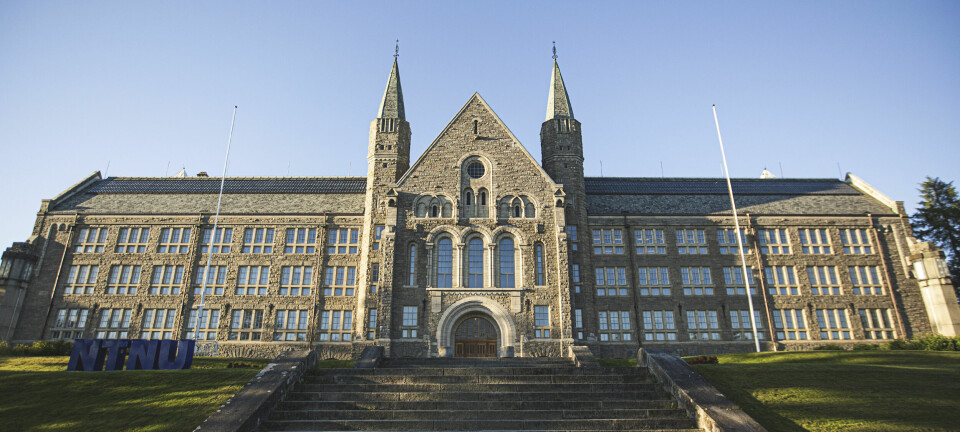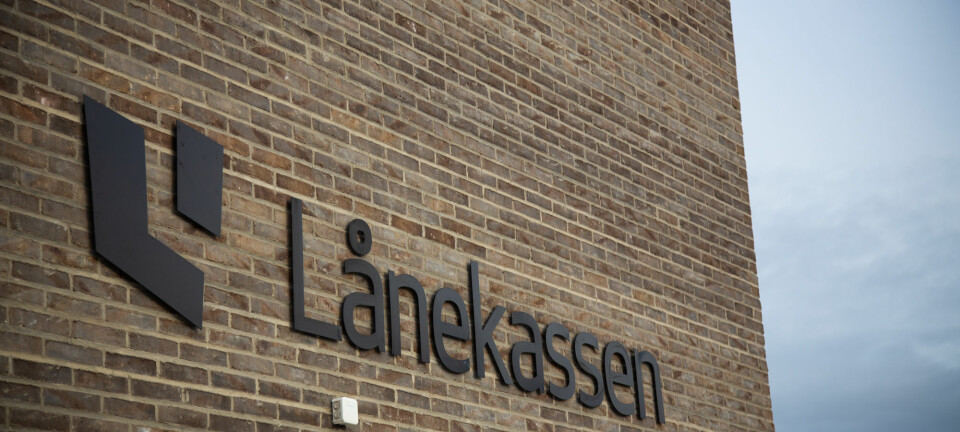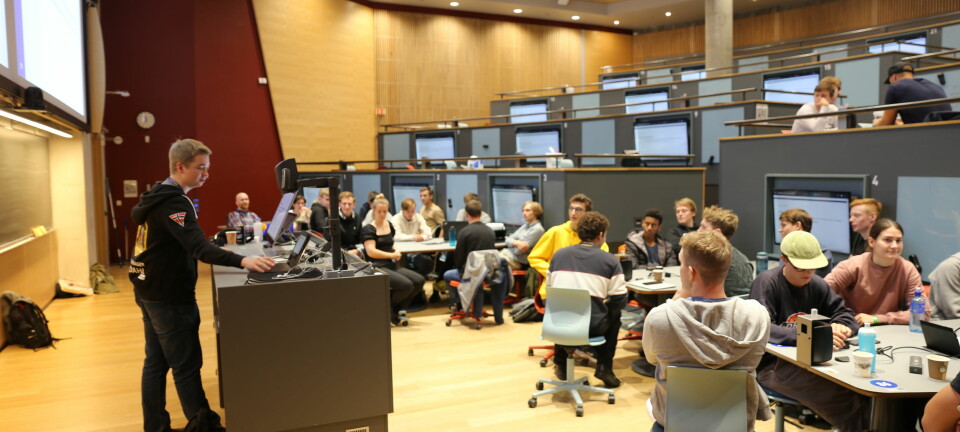This is an opinion piece. The contents of the text is an expression of the author's opinion.
Dette er en ytring. Innholdet i teksten uttrykker forfatterens mening.
It has been over 5 months since Israel began its near-daily bombing of the Gaza Strip in an alleged attempt to rout out Hamas operatives. In these five months, at least 30,000 Palestinians have been killed (including 10,000 children), 70,000 injured, and 10,000 are missing under the rubble. In the West Bank, where Hamas has virtually no support or presence, Israeli forces have killed 288 Palestinians and injured a further 3430. Another 4520 West Bank citizens have been detained by Israeli authorities. According to UNRWA sources, up to 1.9 million Gazans have been internally displaced. In under 150 days, in other words, 90% of Gaza’s population and over 37% of Palestine’s total population have been killed, injured, displaced, or otherwise deprived of the means to survive even within the short-term by Israeli forces. Even within Israel itself, the Israeli government is currently attempting to send dozens of cancer patients undergoing treatment in Israeli hospitals back to a certain death in Gaza. Clearly, all Palestinians are valid targets for Israel’s war against Hamas. The goal of the violence and destruction is likewise clear: Israel intends to ethnically cleanse the region of its Palestinian undesirables: from the river to the sea. And they are succeeding.
Meanwhile, NTNU’s leadership has been mostly silent. NTNU’s board has not only failed to vote on academic boycott, but has explicitly decided to not even discuss it. If there is a dialogue at all at NTNU, it is being carried out in editorial pieces from Khrono to Universitetsavisa. While most of the authors of these articles speak in support of boycott—reflecting overwhelming support among students and faculty for the measure—a small trickle of editorials stand opposed to divesting our resources from a state that is actively and unambiguously carrying out a genocide. Without exception, articles like the one recently published by Tore Oksholen cite the importance of maintaining “dialogue” as the sole reason for opposing an academic boycott. We are led to believe that “dialogue”, even in the abstract, is a viable solution to ending the genocide.
Before we get into the heart of the matter, let’s take a moment to make sure we are on the same page, lest we continue speaking right past each other. Unlike most other words that crop up in polarized political debates, “dialogue” is a remarkably uncontested term. A dialogue is simply any conversational exchange between two or more people. It can mean anything and everything, but in most contexts, “dialogue” typically refers to a productive and respectful exchange, an interpretation that carries the traces of the Socratic legacy and bears particularly upon the distinctly Norwegian proclivity towards diplomacy. Indeed, this is truly the definition that the word itself suggests (dia from the Greek word for ‘through’; logos from the Greek “reason”). This is what I will assume we are talking about when we speak of “dialogue”.
As kindergarteners will be able to readily tell you, the preferred way to settle any dispute is through dialogue. Living in what we often claim to be the most peaceful country in the world, most of us will agree that the ability to have a dialogue is absolutely paramount to a functioning society. As soon as this falls apart, we are bound to edge closer to a Hobbesian vision of violent anarchy, sooner or later, or so the narrative goes. And the converse—that as long as there is dialogue, there will always be a hope for peace—is usually implied. One might even argue that without dialogue, it probably wouldn’t be possible to survive for very long. Even if one could, it would surely be a life bereft of most of the dignities we take for granted.
Enig eller uenig?
Send oss din ytring på
But what does it mean when people like Tore Oksholen tell us that this “dialogue” is so important in this context? We can probably assume that Oksholen is not addressing a group of kindergartners in his role as the editor-in-chief of the newspaper of one of Norway’s most prominent universities. At one point, he suggests that “dialogue is always good”. What this is supposed to imply is unclear, but Oksholen is probably not claiming that “dialogue in general is good” and therefore “dialogue with Israel in particular is good” either. Even if he is not familiar with its name (fallacy of composition), surely Oksholen recognizes that this would be a particularly asinine line of reasoning.
Dialogue with whom?
Without explaining why, Oksholen treats the idea that we all want a dialogue with Israel as an axiom; a default, taken-for-granted assumption. Oksholen claims that not having a dialogue with Israel will not help Palestinians. Although history has definitively proven that this is not at all true—academic and cultural boycotts unambiguously undermined the South African apartheid regime, for instance—Oksholen wants us to entertain a doubling-down of this broken logic by accepting the claim that the inverse is also true: that having a dialogue with Israel will help the Palestinian people, actually.
Let’s limber up for a moment and follow Oksholen through the many hoops we need to jump through to arrive at this conclusion. After all, he is by no means alone in this acrobatic feat. How then, exactly, is dialogue with Israel going to help the Palestinian people? If we accept the assumption that a dialogue with Israel is something we actually want, but reasonably assume that the average Norwegian academic is not particularly interested in being fascism’s pen pal, who does that leave?
For starters, it is not very hard to find industry leaders and academics in Israel who want to have a dialogue with foreign experts. Israel’s decennial brutality exercises in Gaza have made Israeli institutions a lucrative place for the world’s arms industries to test out new and exotic ways to kill and maim people: high-velocity tear gas cannisters, black sponge bullets, drones, and white phosphorus. As Neve Gordon, former politics professor at the Israeli Ben-Gurion University of the Negev put it: "The laboratory of the occupied territories is where things can be fine-tuned, they can be tested, they can be retested… They can say, 'Hey this was used by the IDF, this must be good.' And that helps the marketing of the goods." Perhaps this is a rare exception to Oksholen’s rule that “it is always good to talk together”. Although it is not uncommon to see such language unabashedly used as an endorsement of the Israeli military-industrial-academic complex, it is important to point out that Gordon’s statement is intended as a critique. Not surprisingly, Gordon himself supports the academic boycott of Israel. It would be interesting to know if Oksholen counts this as “dialogue”. Do people like Gordon factor in at all? Doesn’t “dialogue” go both ways?
Perhaps we might have better luck turning to the social sciences, where the traditional Norwegian academic focus on conflict resolution and social equality might be replicated in Israeli institutions. Israeli social scientists might be more interested in learning about our own vision for a just society, and they could in turn diffuse these insights throughout the rest of Israeli society until it reaches policymakers and—who knows—Prime Minister Netanyahu himself. So what have Israeli social researchers been getting up to lately? In 2012, following a 3-year legal battle waged by human rights organization Gisha, the Israeli government was forced to release a 2008 research paper that calculated the number of calories that Palestinians would need to avoid malnutrition under a blockade of the Gaza Strip. The task, according to the unnamed authors of the research paper, was to estimate the amount of food that could enter Gaza to “maintain the basic fabric of life”. Diplomatic cables from 2008 published by Wikileaks revealed that Israel told US officials it intended to “keep the Gazan economy on the brink of collapse without quite pushing it over the edge”. I think there are more noble endeavors we as academics could invest our efforts in than abetting a fascist state in “discreetly” starving millions of people.
Beyond seeking out accessories to war profiteering and ethnic cleansing, Israeli academia has been rather silent on the matter. Today, Israeli leaders have strong words reserved for Norwegian institutions that make use of their democratic mechanisms to even slightly question the terms of their partnerships with Israeli institutions. Before October 7, 2023, only a trickle of discourse could be observed. Gili Drori, dean at the Hebrew University of Jerusalem, for instance, decried the sharp restrictions on academic freedom imposed on Israeli academics by the Israeli government. In an August 2023 Uniforum article, Drori only appears to mention “occupied Palestinian land” once, and suggests that the “conflict” inconveniently draws attention away from the issue of democracy within Israel. In fact, Drori goes so far as to claim that the BDS movement—not the rise of Israeli fascism—is in part responsible for undermining academic freedom on Israel’s campuses. If this is the starting point for “dialogue”, then it is natural to ask if there will be room to talk about the fact that every single Palestinian university has been reduced to rubble. Is it still a dialogue if only one party gets to set the limits of the discussion?
Who else is left? Let’s consider demographics. Of Israel’s population of nearly 7 million, roughly 21% are classified—quite explicitly—as second-class citizens by the Israeli government. Of the remaining non-Arab population of around 4.9 million, a staggering 700,000 (14%) live in 150 illegal settlements across the West Bank. The bodies of the Israeli October 7 victims were not even cold in the ground before Israeli extremists capitalized on the bloodshed, building 15 outposts and 18 roads in the West Bank and destroying 15 Palestinian communities under threat of violence in just 4 months. Is it still a dialogue when one party has to engage in it at gunpoint?
What’s left are 2.9 million adult non-Arab Israelis who have managed to not violate international human rights laws—if we discount any actions that may have been carried out during mandatory military service. Here is, presumably, where we may hope to begin a “dialogue”. Keep in mind that this “dialogue” will not start from a blank slate. A 2007 report published by the Center Against Racism found that 75% of Israeli Jews do not approve of Arabs and Jews sharing apartment buildings; over half said that marrying an Arab amounts to “national treason”; 55% supported segregated entertainment sites; 40% believed Arab citizens should have their voting rights removed. A 2012 poll carried out by an Israeli polling firm (aptly named ‘Dialog’) found that around 42% of Israeli Jews do not want their children to go to school with Arabs. The report included the following commentary by Israeli journalist Gideon Levy: “Israelis themselves … are openly, shamelessly and guiltlessly defining themselves as nationalistic racists… It's good to live in this country, most Israelis say, not despite its racism, but perhaps because of it. If such a survey were released about the attitude to Jews in a European state, Israel would have raised hell. When it comes to us, the rules don't apply.” At the end of the day, it is wholly unnecessary to speculate as to what a “dialogue” with Israelis would look like. Max Blumenthal and Joseph Dana have already offered a glimpse into the “dialogic atmosphere” prevailing Israeli streets. Their video, featuring street interviews with dozens of Israelis, has been uploaded and removed from YouTube on multiple occasions, presumably due to the sheer density of racial epithets that make up the video’s contents.
How much for one dialogue?
It would probably be easy to contest many of the claims I have presented. For every poll that offers evidence of a deeply racist Israeli society, there are certainly studies that paint Israel in a positive light—LGBTQ rights (albeit in a country where same-sex marriages are still illegal), women’s rights (albeit in a country where public universities are segregated by gender), and so on. “Even still,” the argument might run, “what about the 45% of Israelis who don’t believe in segregated movie theatres?” It is beyond obvious that an academic boycott would not by any means prohibit any person from calling up a former Israeli colleague and saying “Hey! Would you like to hear my argument for why race theory is fundamentally flawed?” It is possible—and probably pretty important if we are concerned with democracy and academic freedom—to engage in a dialogue with somebody without having to do business together. If we are serious about dialogue as a road to peace, then we must agree that it is not a quid pro quo where in exchange for being listened to, we need to be willing to help build an oil platform off the coast of Gaza or provide technologies that can be used to build deadlier drones. This point appears to be lost on those who are still arguing against an academic boycott. Yet, as I have understood it, none of the guest contributors in Universitetsavisa were required to pay to have their editorials published. They are simply engaging in a “dialogue” and are under no obligation to offer ammunition to their opponents.
Dialogue as a road to peace has been the primary strategy that the global community has employed to handle Israel’s innumerable human rights violations since 1948. To list the number of times Israel has refused to acknowledge the UN’s focus on global dialogue, violated the terms it has agreed to, or otherwise spat in the face of the concept of “dialogue” would be beyond foolhardy. It would be infinitely easier to list the number of times that Israel has respected dialogue, but here is just a little taste of the precedent set for Israeli “dialogue” anyway. On December 18, 1992, 106 nations had a dialogue about imposing tougher sanctions against South Africa because of its ongoing policy of apartheid. The US and Israel alone opposed it. On December 16, 1981, 117 nations had a dialogue where it was agreed that Israel should not be allowed to make a profit on seizing Palestinian property. Despite the dialogue, Israel refused to abide by global consensus. On December 14, 1984, following a dialogue between 143 nations, 141 countries agreed that Israel should arrest and prosecute the perpetrators of assassination attempts against Palestinian mayors. So strong was the power of “dialogue” that Israel… simply declined. Did the December 13, 1985 dialogue on combating the spread of nazi, fascist and neofascist activities convince Israeli authorities enough to agree that this was a worthy endeavor? Evidently not, since Israel voted against the resolution. It would be one thing if despite these efforts at “dialogue”, Israel had simply ignored them. Yet, when your “dialogue partner” murders your representative, this is probably an indication that the strategy is unlikely to bear fruit. As a point of fact, Israel has killed 136 UN staff members since October 7. UN Secretary-General Antonio Guterres has remarked that throughout the UN’s history, they had never witnessed the death of their staff in such large numbers. What is the plan here? Should we keep having a dialogue until Israel exterminates every last one of its “undesirables”? I can’t help but feel that, ironically, the only thing that this would help is a few unscrupulous peoples’ consciences.
Readers on both sides of the divide will notice that this is far from the whole story. In fact, I have deliberately avoided talking about the long, brutal, racist, and overtly fascist history of Israel that sets the stage for current events. I do this precisely to offer the most generous and fertile ground for those opposed to academic boycott to engage in a “dialogue”. And this is precisely because I genuinely would like to know what is actually meant by “dialogue”, since time and again, commentators have failed to explicate beyond this simple word—perhaps assuming that like “democracy” and “freedom”, these words can be used as a sort of dog-whistle to shut down the debate. It’s a very clever tactic, because those who employ it bank on the idea that anybody who wants to criticize their position must do so on the “anti-dialogue” side. In Norwegian, we usually refer to these kinds of underhanded practices as “hersketeknikker”. It is the same kind of cheap trick that the “pro-life” movement uses to try in vain to portray their opponents as “anti-life”. I regret to inform such people that they will simply have to do better than that. As a consolation, it is a relatively straightforward manner to clarify things by answering two basic questions: How will dialogue specifically affect the peace process? Is it necessary to provide Israel with weapons technology in order to have this dialogue?
A humble request
Nobody likes to play the cynic. I wake up every morning and hope that white supremacists will get to know their Black neighbors, that the leaders of oil companies will realize that they are poisoning their own air too, and that deeply anti-Semitic fundamentalist Christians in the US will have to pay taxes and stop bankrolling the slaughter of innocents. More than that, I wake up every morning hoping that somebody like me had a dialogue with a white supremacist, an oil tycoon, or an anti-Semite, and that it simply changed their whole outlook on things. I am certain that somebody like me actually does try to do this every day. Unfortunately, US police officers continue to kill unarmed Black men, we are still hurling towards the ecological point of no return at breakneck speeds, and racist politicians are still arming Israel to the teeth to rain death upon the Palestinian people. We should never abandon the effort to achieve peace through dialogue, but it is unclear to me how arming white supremacists, oil companies, anti-Semites, or genocidal states will improve these efforts.
To the so-called “pro-dialogue” side, I ask: What would we talk about? Pay attention to the tense here. I have not asked “What are we talking about?”, although this would be a fair question too, given that academics have been free to have this “dialogue” for decades without making any apparent use of it. Again, in the spirit of “dialogue”, I have moved the branch as low as it can bend—if you are on the “pro-dialogue” side, the fruit should be hanging so low at this point that it is practically already in your mouth: all that’s needed now is even a single explanation of what “dialogue” with Israeli universities entails and how it will benefit the cause of peace. If the point is that the research itself is the dialogue, then no further explanation is needed. Because in that case, what is meant by “dialogue” is already abundantly obvious. It means the status quo, where the conversation deals with things like “Who will have the rights to the oil field off the coast of Gaza?” and “Would you kindly remove the corpses before our engineers get there? We Norwegians get squeamish about those kinds of things.” It would indeed always be good to talk to each other, as Oksholen puts it. It wouldn’t be good for the Palestinian people, or for anyone who cares for justice. It probably wouldn’t even be good for the Israeli people. But for war profiteers and genocidal regimes to talk to each other, paying each other for the privilege? Oksholen is right: that would always be good…for war profiteers and genocidal regimes.
I cannot claim to be vested with the same magical abilities as the “pro-dialogue” side. I simply do not know the special arrangement of words that would affect a ceasefire—and I hope that if the “pro-dialogue” side does that they will at least put them to good use, since they do not appear to be willing to share the secret with the rest of us. So far, the knowledge that scholars have brought with them to Israel has only materialized in increasingly brutal violence. If academics have exchanged ideas with Israel about conflict resolution, peace, or equality, they appear to have fallen on deaf ears. Maybe through a “dialogue” with Israel, we can still help the Palestinian people. Maybe not. But if there’s one thing we can do, it’s to stop arming their oppressors.










